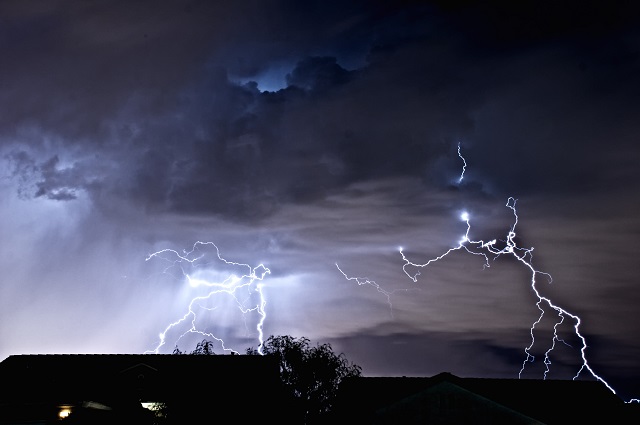News Story
(Below is a backup copy of the original article with as much credit to the publisher as well as the author that we can provide. By no means do we mean to violate any copyright laws. This page is appearing because someone indicated that the original story was unavailable.)
Biden says COVID-19 pandemic is "over" in U.S.
In an interview on "60 Minutes" Sunday night, President Biden said the COVID-19 pandemic is "over" in the United States.
"The pandemic is over. We still have a problem with COVID. We're still doing a lotta work on it. ... But the pandemic is over," Mr. Biden said.
The interview was done as he walked the floor of the Detroit Auto Show last week. Gesturing around the hall, Mr. Biden observed, "If you notice, no one's wearing masks. Everybody seems to be in pretty good shape. And so I think it's changing. And I think this is a perfect example of it."
Mr. Biden's comments came only a few weeks after his administration asked Congress for billions of dollars to maintain its testing and vaccination efforts.
The remark contradicts statements made by his own aides earlier this month, as they have urged Americans to seek out an updated booster ahead of a feared fall and winter wave of the virus.
"The pandemic isn't over. And we will remain vigilant, and of course, we continue to look for and prepare for unforeseen twists and turns," Dr. Ashish Jha, the White House's top COVID-19 official, told reporters on September 6.
COVID-19 deaths are still averaging around 400 a day nationwide, levels that federal health officials have decried as "still too high."
Officials have also signaled that a public health emergency declaration for COVID-19 is expected to be renewed at least once more this year.
But COVID restrictions have been largely eliminated in the U.S. by local health departments and travel is back at pre-pandemic levels.
The pace of new hospitalizations from the virus have now also slowed dramatically in the wake of the summer wave driven by the BA.4 and BA.5 subvariants of Omicron. Officials have credited widespread immunity from vaccines and prior infections, as well as growing use of COVID-19 treatments like Pfizer's Paxlovid, for helping to arrest the toll claimed by the virus despite a summer wave of infections.
Jha and others have painted the fall booster push as part of helping ensure Americans can continue to "get back to school, get back to work, and get back into their regular routines after the summer."
But with the president's pandemic funding requests still languishing in Congress, administration officials say they are now working to wind down most of the federally subsidized arms of the COVID-19 response.
The president pointed to the pandemic as a big reason his approval rating has been well below 50%.
"This is a really difficult time," he remarked to CBS News correspondent Scott Pelley. "We're at an inflection point in the history of this country. We're gonna make decisions, and we're making decisions now, that are gonna determine what we're gonna look like the next ten years from now. I think you'd agree that the impact on the psyche of the American people as a consequence of the pandemic is profound."
"Think of how that has changed everything. You know, people's attitudes about themselves, their families, about the state of the nation, about the state of their communities. And so there's a lot of uncertainty out there, a great deal of uncertainty. And we lost a million people. A million people to COVID," the president said.
"When I got in office, when I— I got elected, only 2 million people had been vaccinated. I got 220 million— my point is, it takes time. We were left in a very difficult situation. it's been a very difficult time. Very difficult."

